SEO, PPC, or Social Media? Which Digital Marketing Job Is Right for You?
SEO, PPC, or Social Media? Which Digital Marketing Job Is Right for You? , In the ever-evolving world of digital marketing, the choices are abundant. With countless opportunities in SEO (Search Engine Optimization), PPC (Pay-Per-Click advertising), and Social Media marketing, choosing the right career path can be overwhelming.
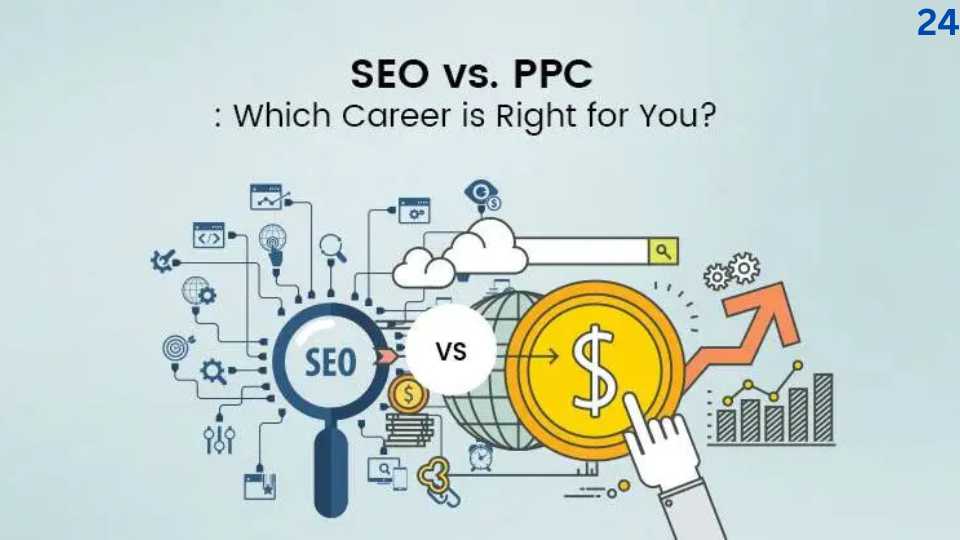
As of November 2024, businesses are increasingly relying on digital marketing strategies to engage with customers, boost their visibility, and drive revenue. But with each discipline requiring a unique skill set, how do you know which job is right for you?
Table of Contents
In this article, we’ll explore the differences, responsibilities, career prospects, and the type of person each role suits best. Whether you’re just entering the workforce or considering a career shift, understanding these three digital marketing paths will help you make an informed decision. Let’s dive in.
What is SEO?
Search Engine Optimization (SEO) is the art and science of improving the visibility of a website or web page in search engines like Google. It’s all about getting your site to rank higher in search results for relevant keywords. But what does that really mean?
More info
SEO professionals optimize website content, structure, and technical aspects to increase organic (non-paid) traffic. They focus on understanding what users are searching for, ensuring that the website content meets those needs, and making sure search engines can crawl and index the pages correctly.
Key Skills Needed for SEO Jobs
To excel in SEO, you’ll need a mix of technical and creative skills. Here are some of the key skills:
- Keyword Research: Understanding what your target audience is searching for is crucial. Tools like Google Keyword Planner and SEMrush help identify high-value keywords.
- Content Optimization: Crafting compelling, informative, and keyword-rich content is essential.
- Link Building: Acquiring high-quality backlinks from other websites signals to Google that your site is trustworthy.
- Technical SEO: Familiarity with site speed, mobile optimization, and website architecture is important.
Day-to-Day Responsibilities in an SEO Role
As an SEO professional, you’ll spend your day researching keywords, optimizing website content, analyzing data, and working closely with developers to improve technical aspects of the site. SEO jobs require patience because results take time—sometimes months before you see the impact of your work.
What is PPC?
Pay-Per-Click (PPC) is a form of digital advertising where advertisers pay a fee each time their ad is clicked. Unlike SEO, which focuses on organic search rankings, PPC ensures that your website appears at the top of the page for specific keywords, but you must pay for that visibility.
PPC campaigns are typically run through platforms like Google Ads and social media ads (Facebook, Instagram, LinkedIn). The job of a PPC specialist is to ensure that ads are optimized for maximum visibility and return on investment (ROI).
Key Skills Needed for PPC Jobs
A successful PPC professional must be data-driven, analytical, and have a solid understanding of marketing strategy. Key skills include:
- Campaign Management: Creating and managing PPC campaigns across Google Ads, Bing, or social platforms.
- Keyword Bidding: Understanding how to bid for keywords to get the best position for the lowest cost.
- Data Analytics: Constantly analyzing performance data and tweaking campaigns for optimal results.
- Budget Management: Effectively managing budgets and ensuring that the cost-per-click stays within profitable margins.
Day-to-Day Responsibilities in a PPC Role
The daily work of a PPC specialist revolves around managing paid advertising campaigns. This involves keyword research, ad creation, budget management, A/B testing, and tracking campaign performance to optimize results. Unlike SEO, which requires patience, PPC can provide immediate results.
What is Social Media Marketing?
Social Media Marketing involves using platforms like Facebook, Instagram, Twitter, LinkedIn, and TikTok to connect with an audience, build brand awareness, and drive website traffic or sales. Social media marketing is all about creating engaging content and using it to interact with potential customers.
Key Skills Needed for Social Media Jobs
For those considering a career in social media, creativity is key. You’ll also need strong communication skills and an understanding of the target audience. Here are some of the top skills:
- Content Creation: Creating visually appealing and engaging content (posts, images, videos).
- Community Management: Interacting with followers and responding to comments and messages.
- Social Media Analytics: Understanding social media metrics and adjusting strategies based on performance.
- Brand Strategy: Aligning social media efforts with the overall brand voice and goals.
Day-to-Day Responsibilities in a Social Media Role
On a typical day, a social media marketer will create content, schedule posts, monitor engagement, and adjust strategies based on metrics. They may also work closely with other teams, such as PR or customer service, to ensure consistent messaging.
SEO vs. PPC vs. Social Media: What’s the Difference?
So, what’s the key difference between SEO, PPC, and Social Media? While all three roles fall under the umbrella of digital marketing, their main goals vary:
- SEO focuses on long-term organic growth by improving website rankings.
- PPC is about driving immediate traffic through paid ads and optimizing ad campaigns.
- Social Media is about building relationships with your audience and creating brand awareness.
Each of these fields requires a unique approach to strategy and execution. While SEO and PPC tend to be more analytical, Social Media marketing leans toward creativity and audience engagement.
Which Job Pays the Most?
When it comes to salary, all three fields offer competitive pay, but there are variations depending on experience, location, and the size of the company. Typically:
- SEO roles can range from $50,000 to $80,000 annually, with senior positions or specialized roles (such as Technical SEO) earning more.
- PPC specialists, especially those with experience managing large budgets, can earn anywhere from $60,000 to $100,000.
- Social Media Managers generally earn between $50,000 and $75,000, though this can increase if they manage high-profile accounts or are involved in strategy development.
Salaries can also depend on industry, company size, and job location, with larger cities often offering higher pay.
Which Job Offers the Best Career Growth?
SEO professionals often enjoy steady career growth, with opportunities to specialize in areas like local SEO, technical SEO, or even SEO consulting. The demand for SEO experts continues to grow as more businesses recognize the value of organic search.
PPC specialists also have strong career growth potential, especially as more businesses shift to online advertising. Senior roles like PPC Manager or Paid Media Director are well-compensated and in high demand.
Social Media Marketing roles can evolve into positions like Social Media Strategist or Social Media Director, where you may oversee multiple platforms and lead larger teams. However, career growth can be more competitive, as many people enter the field, and you may need to stand out with specialized expertise or creative campaigns.
Is SEO Right for You?
If you’re detail-oriented, analytical, and enjoy research, SEO might be the right fit. It’s a role that requires patience and a long-term mindset. If you love diving deep into data and improving website rankings over time, SEO could be your ideal career.
Is PPC Right for You?
If you like fast-paced work, data analysis, and optimizing campaigns for immediate results, then PPC could be perfect. PPC professionals need to be comfortable with managing budgets and making quick decisions based on data.
Is Social Media Marketing Right for You?
If you’re creative, enjoy storytelling, and thrive in fast-paced environments, Social Media Marketing could be your calling. It requires strong communication skills and a passion for engaging with an audience.
Which Role is Best for Beginners?
For beginners, SEO is often a great entry point because it has a lower barrier to entry, especially with free resources and tools available online. PPC can also be a good starting point, particularly with platforms like Google Ads offering certification courses.
Social Media marketing is often accessible due to its creative nature, and you can easily start by managing personal or small business accounts.
SEO, PPC, and Social Media: The Work-Life Balance
In terms of work-life balance, Social Media Marketing roles often offer more flexibility, especially for those who work with content creators or influencers. PPC and SEO positions might require more structured hours, but they can also offer flexibility depending on the company or client.
Which Digital Marketing Role Has the Best Job Security?
Given the growing demand for digital marketing skills across all industries, all three roles—SEO, PPC, and Social Media—offer excellent job security. However, SEO may provide the most long-term stability because businesses will always need organic traffic and search visibility.
Conclusion
When choosing between SEO, PPC, and Social Media, there is no one-size-fits-all answer. Your decision should be based on your interests, strengths, and career goals.
If you enjoy research and long-term results, SEO may be your best bet. If you thrive in fast-paced, data-driven environments, PPC is for you. And if you’re creative and passionate about social engagement, Social Media marketing might be your ideal career.
Whichever path you choose, all three digital marketing roles offer exciting opportunities and plenty of room for growth. Consider what excites you the most and start exploring the possibilities
FAQs
Can I switch between SEO, PPC, and Social Media marketing?
Yes, many digital marketers work across multiple disciplines. However, it requires learning new skills and adapting to different strategies.
Which digital marketing role is in the highest demand?
SEO and PPC professionals are in high demand due to the increasing reliance on search engine visibility and paid ads. Social media marketers are also in demand as businesses focus more on social platforms.
Do I need a degree to work in digital marketing?
While a degree in marketing or a related field can be helpful, many digital marketing roles are accessible with experience, online certifications, and a portfolio of work.
Is SEO a good career for introverts?
Yes, SEO can be ideal for introverts who enjoy working independently, analyzing data, and solving complex problems.
What’s the best way to learn digital marketing?
There are many online courses, blogs, and communities where you can learn about SEO, PPC, and Social Media marketing. Platforms like Coursera, Udemy, and Google’s own courses are great places to start.
Thank you 24
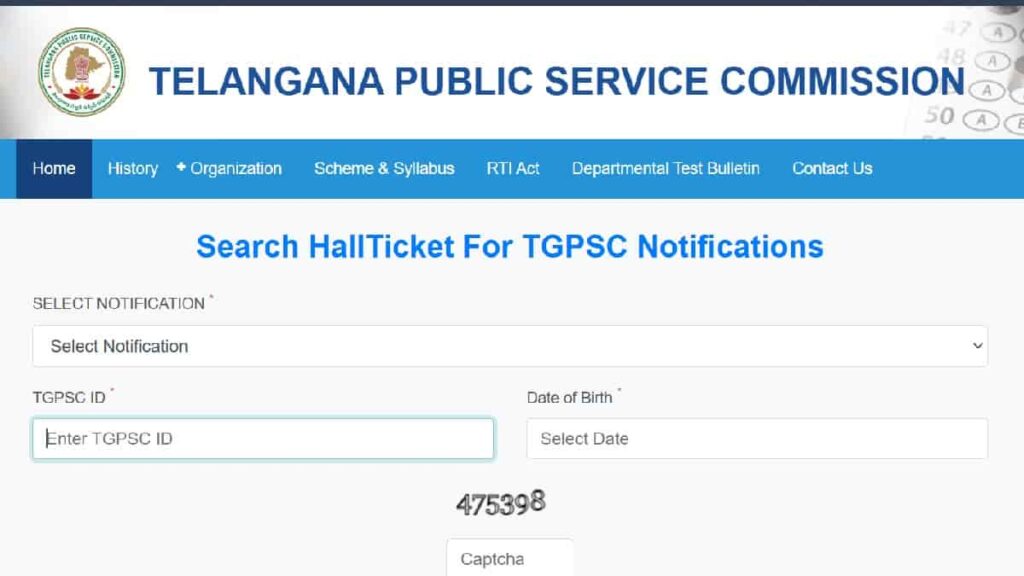
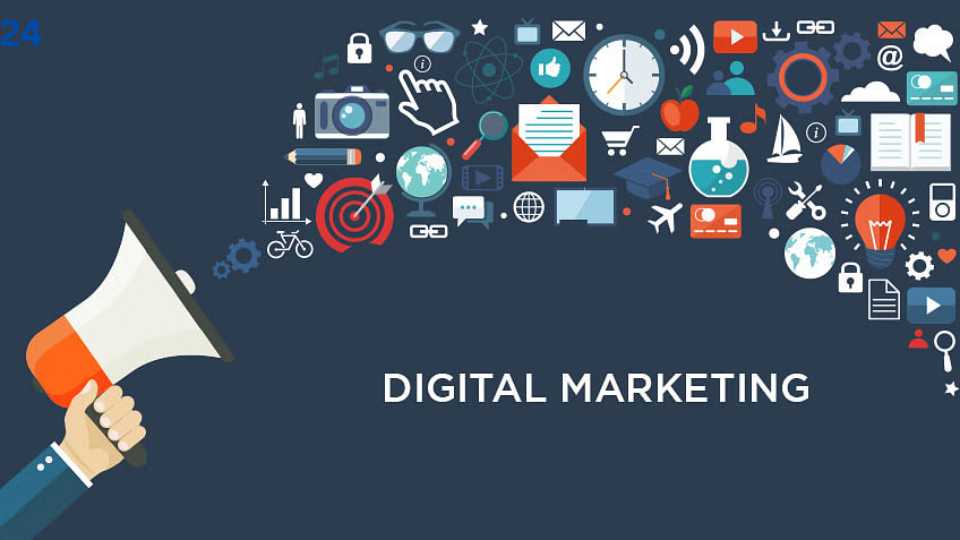
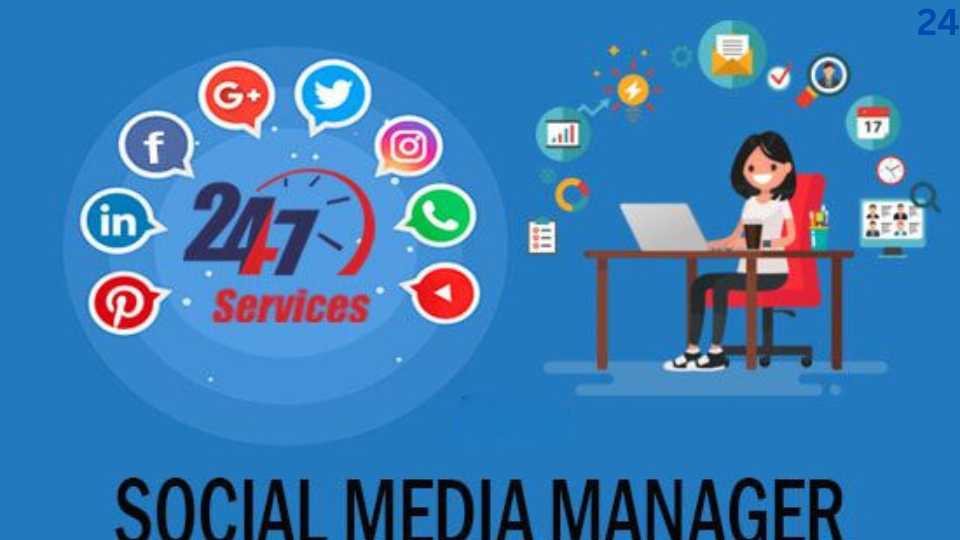
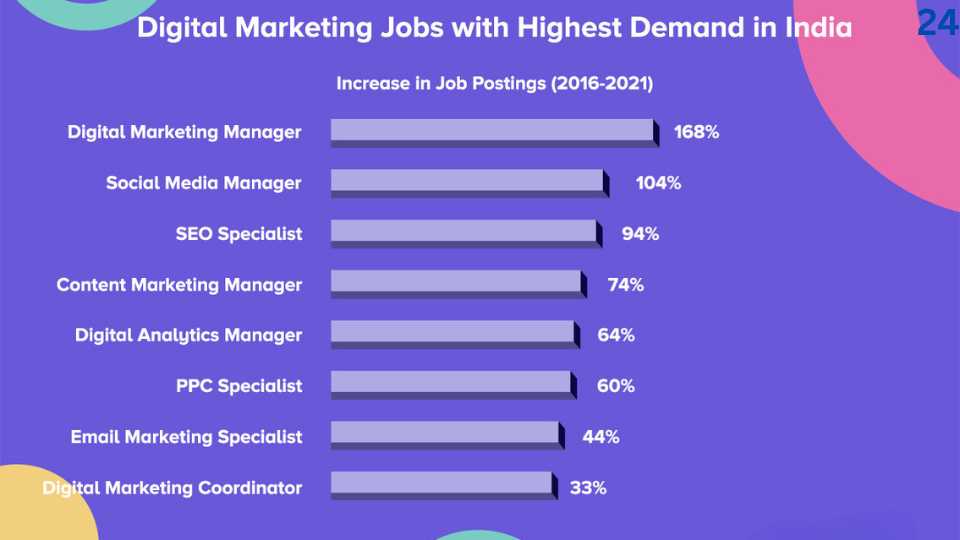
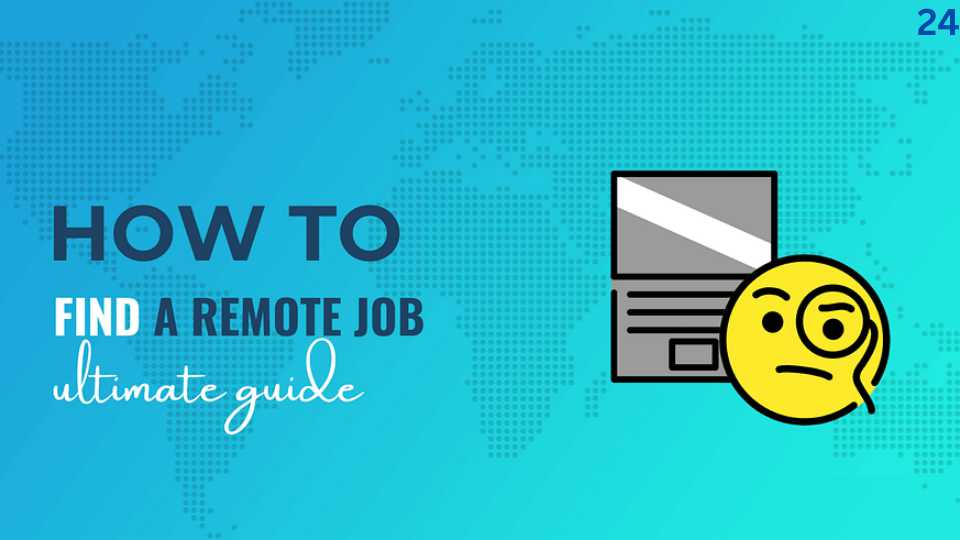
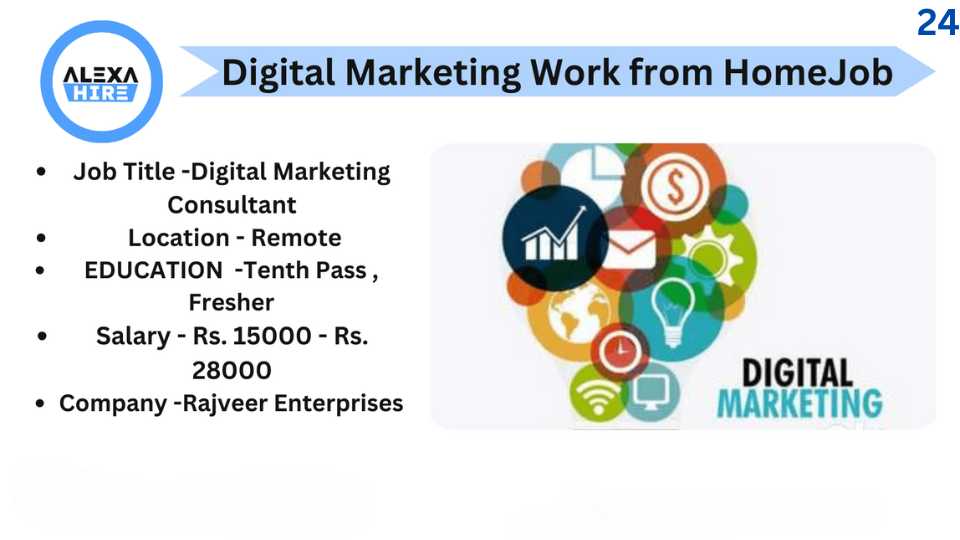
1 thought on “SEO, PPC, or Social Media? Which Digital Marketing Job Is Right for You?”